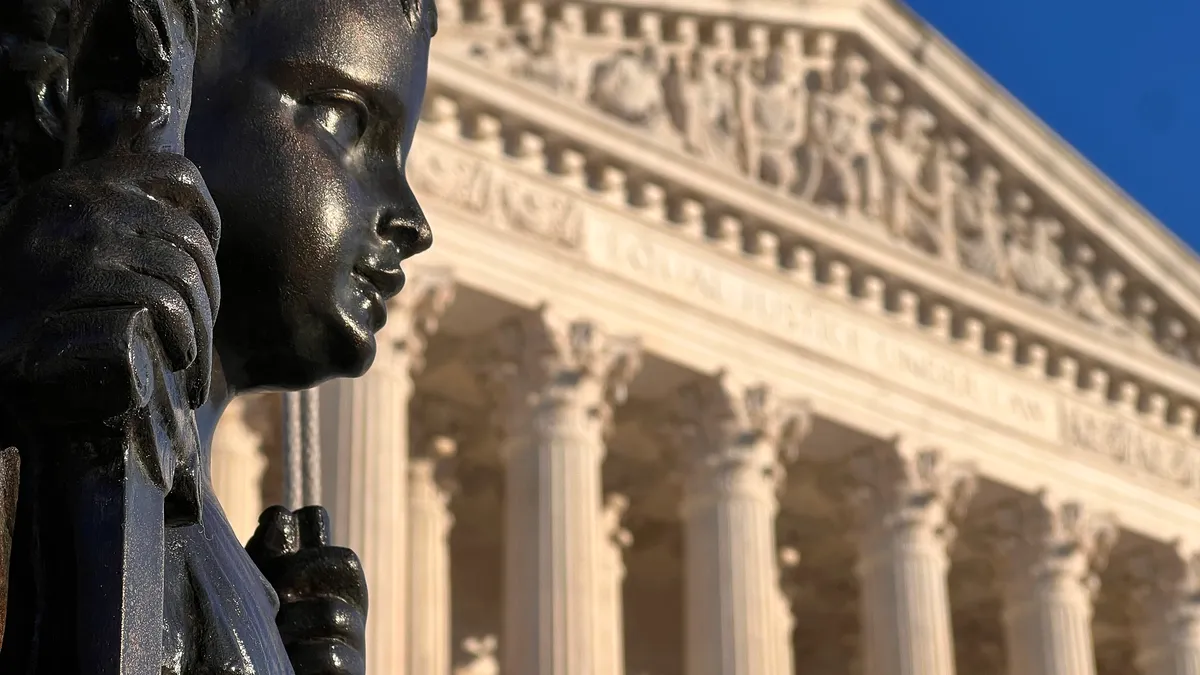The Supreme Court on Thursday unanimously threw out an appeals court ruling that permitted Bank of America and other big banks not to pay interest on escrowed funds, despite laws requiring such payments in 14 states.
The ruling remanded the issue back to the appeals court and demanded it conduct the “nuanced comparative analysis” required by federal law.
Petitioner Alex Cantero and petitioners Saul Hymes and Ilana Harwayne-Gidansky sued Bank of America, from which they had home mortgage loans, because the bank didn’t pay interest on balances held in escrow accounts that the petitioners paid into. The bank had told the borrowers that New York’s interest-on-escrow law was preempted by the National Bank Act.
Initially, the district court sided with the petitioners. The appeals court reversed that decision, “holding that because the New York law ‘would exert control over’ national banks’ power ‘to create and fund escrow accounts,’ the law was preempted,” court documents show.
But the appeals court didn’t apply the standard necessary to determine when state laws that regulate national financial institutions are preempted “in a manner consistent with” the Dodd-Frank Act and 1996 Supreme Court ruling Barnett Bank of Marion Cty. v. Nelson, the Supreme Court ruled.
In Barnett Bank, the Supreme Court ruled that states could regulate national banks if such regulation does not prevent the bank’s ability to exercise its powers.
“A court applying that standard must make a practical assessment of the nature and degree of the interference caused by a state law,” the opinion, authored by Justice Brett Kavanaugh, said. “In this case, the Second Circuit did not conduct the kind of nuanced comparative analysis required,” but rather “distilled a categorical test that would preempt virtually all state laws that regulate national banks.”
Gupta Wessler principal Jonathan Taylor, who argued on behalf of the petitioners, said in an email to the Associated Press that the ruling is a victory for consumers because it “vindicates Congress’ determination in Dodd-Frank to rein in the kind of aggressive preemption of state consumer-financial laws that helped lead to the financial crisis.”
Bank of America did not return a request for comment.











